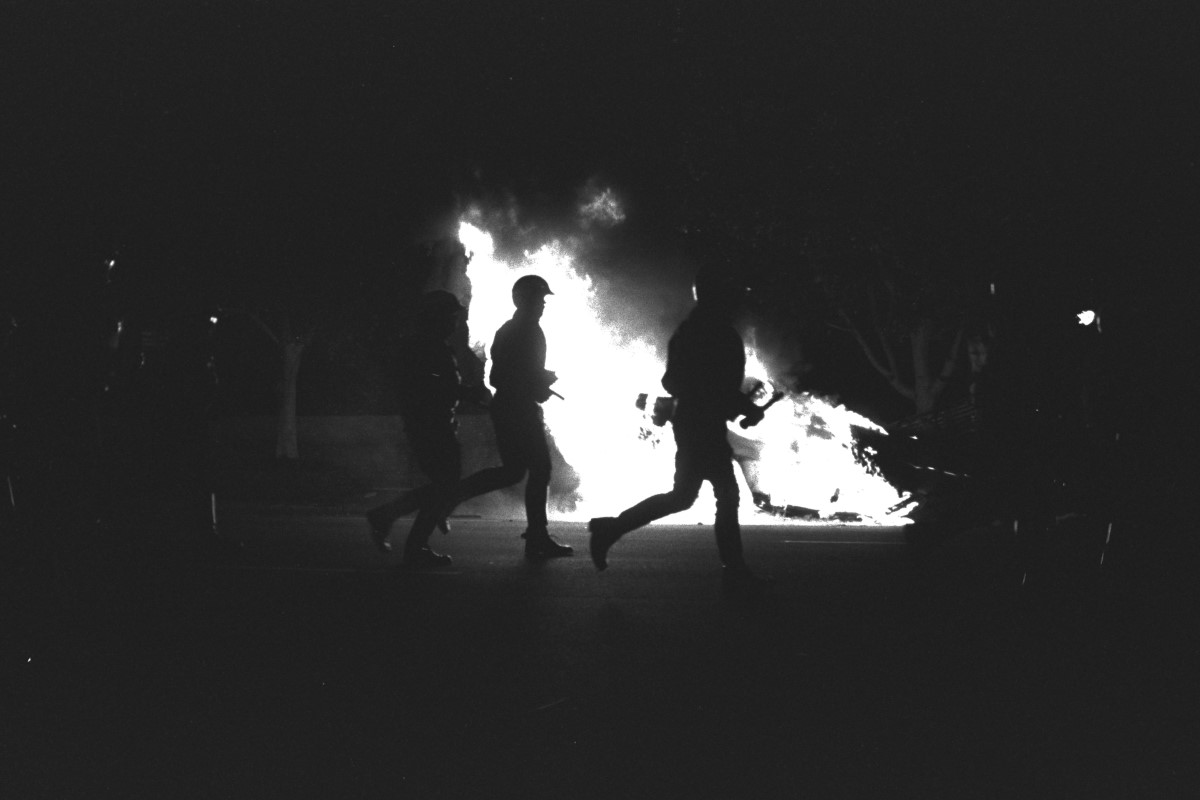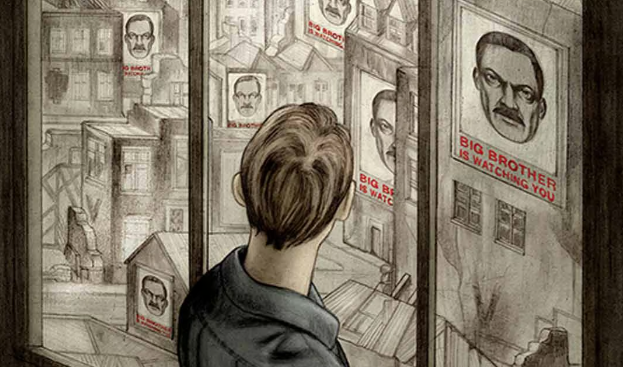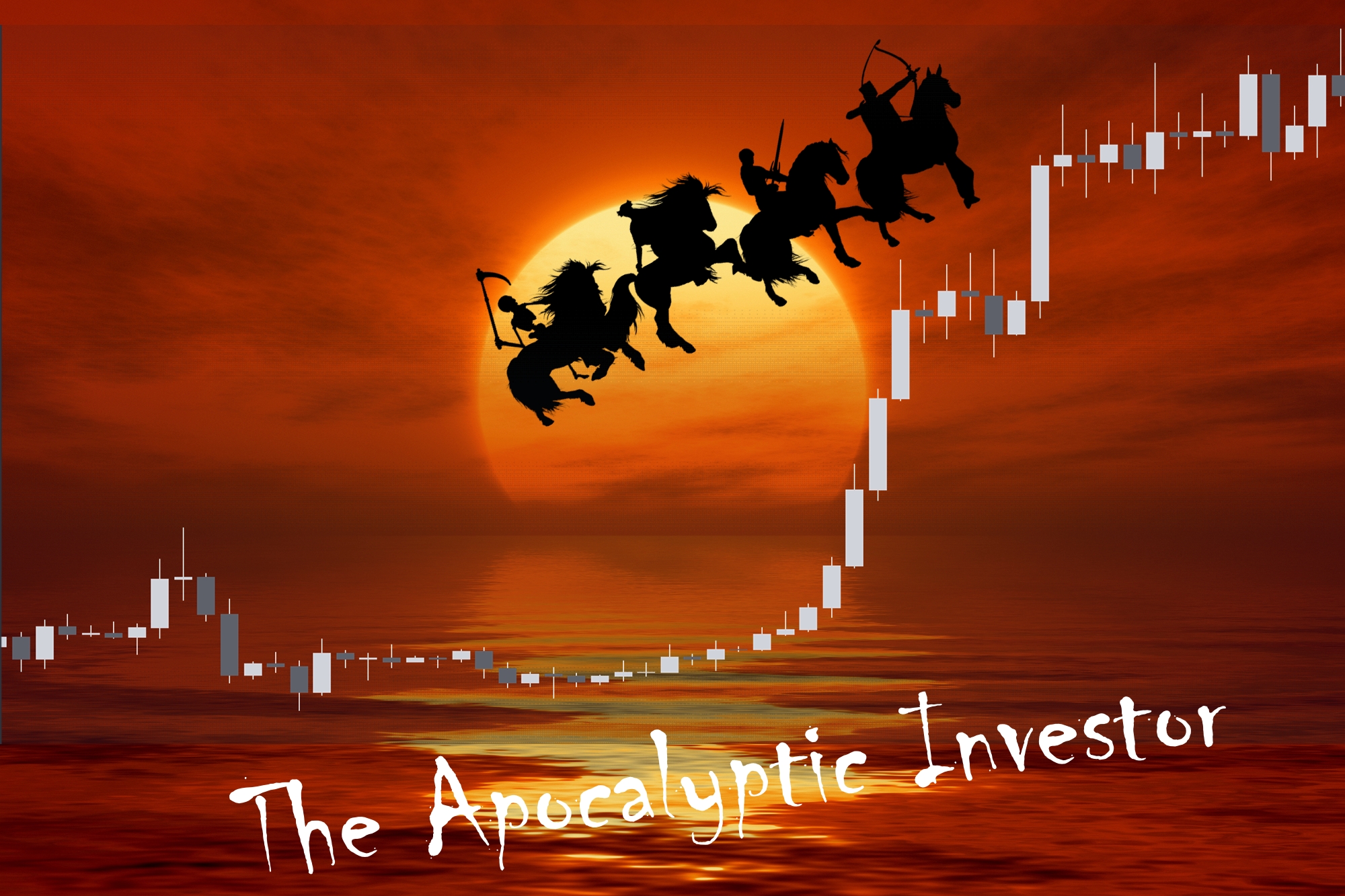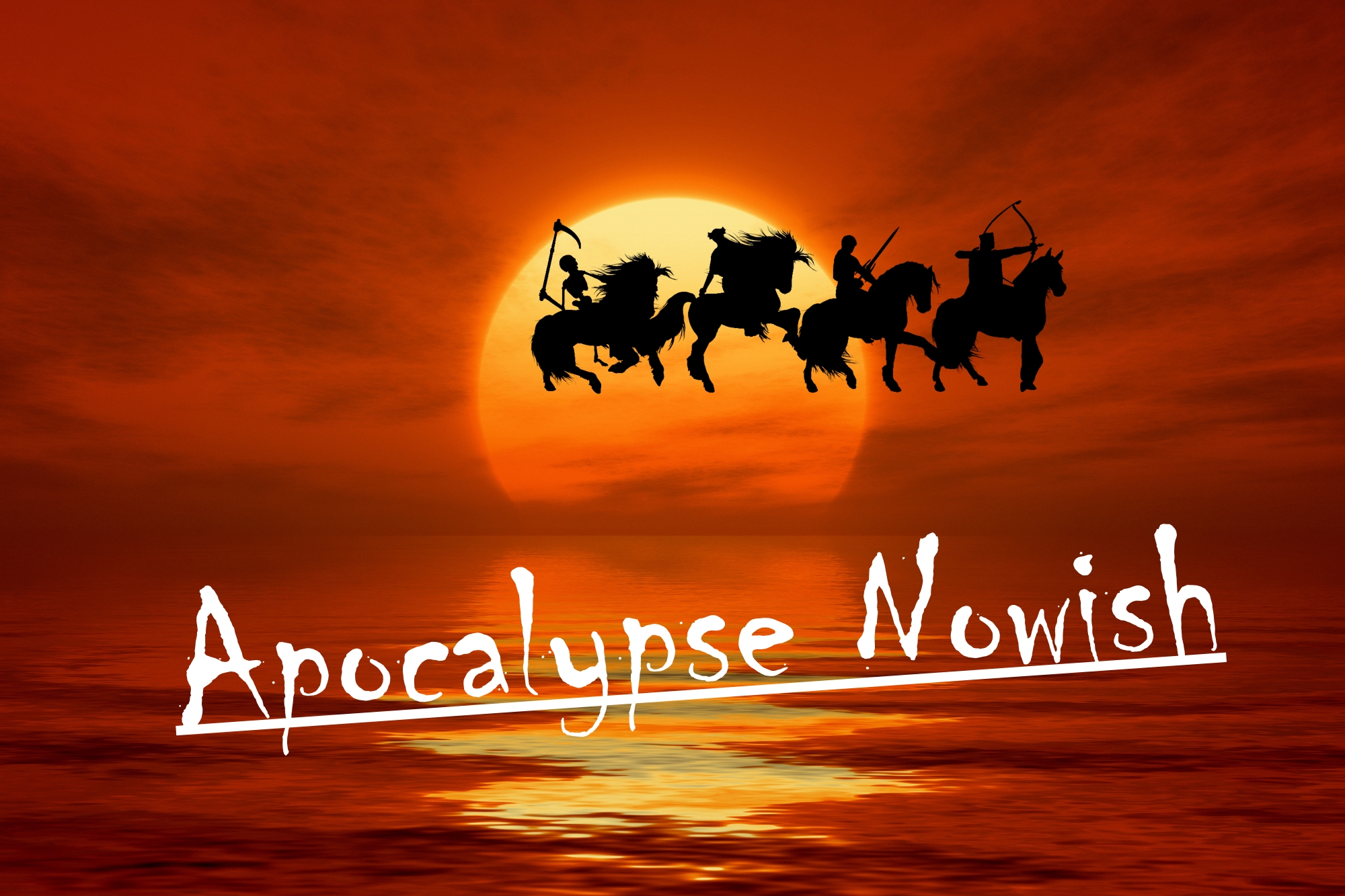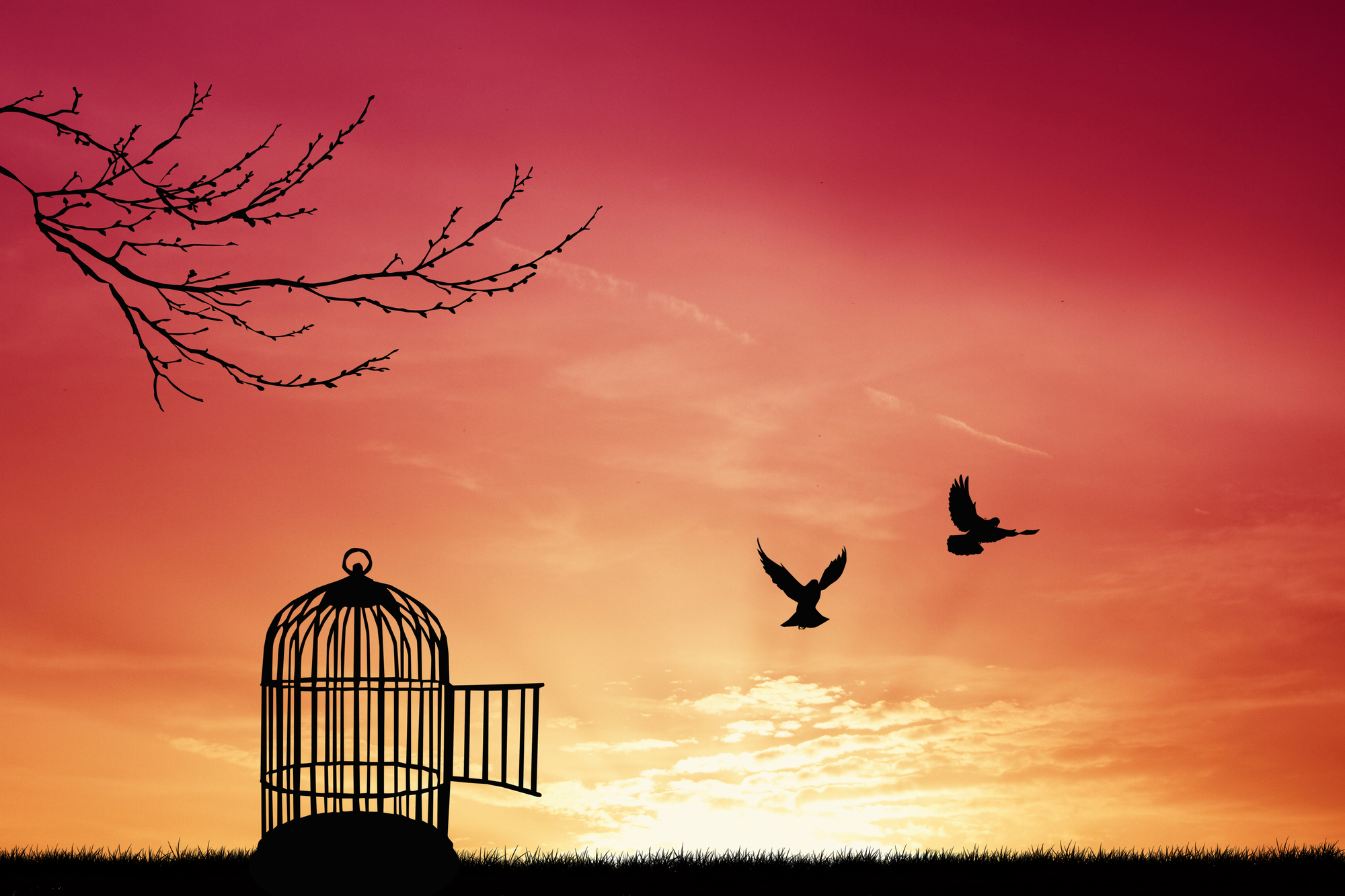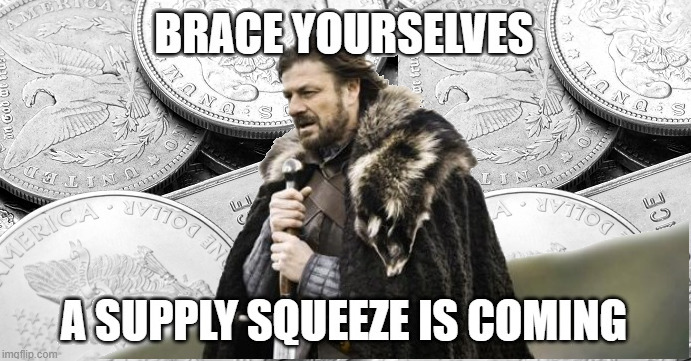It was a sunny afternoon, and we were on our way home from the big city. We had just boarded the train and taken our seats when the alarm blared into the carriage, jerking me out of my seat. I don’t remember the wording now, but it was something about terrorism. Very quickly I got myself and my family off the train and was looking for the station exit. Everyone else was still sitting down. Fortunately, this was a false alarm, but no-one knew that at the time.
If there are no explosions or other confirming signs of a crisis right now, most people adopt a “wait-and-see” attitude, looking to see if other people are panicking yet. This strategy works great, right up until it doesn’t. Some things require action upfront to avoid.
Once it’s obvious that the Bad Thing is really happening, many will panic in the traditional sense, and do the right thing too late, or the wrong thing in confusion – but some will do nothing at all. This tendency is called negative panic. In plane crashes, some people just freeze and stay in their seats, often dying from smoke or fire, because they have no mental model to match the reality of a burning plane. With no plan, and unable to think of one in the moment, they perish.
This article is intended to save you (and me) from both traditional and negative panic, if and when things go really sideways.
The inconceivability problem
They won’t go after the farmers for another couple of years, I thought recently. Maybe I’ll have time to write something exploring how farms, especially small regenerative farms, make a society physically and psychologically resilient, and therefore, that all aspiring totalitarians must eventually control and disrupt those who feed us, which would be an interesting sign of decline to look out for. But not two weeks later, it was in the news that they had come for the farmers. This particular conflict has a long history, but it recently exploded, when the Dutch government, at the behest of the EU, imposed regulations that will force huge numbers of farmers out of business. Yes kids, in the face of a looming global food crisis in which hundreds of millions of people will likely starve, they’re forcing the Netherlands, the highly efficient number two food exporter in the world, to reduce the amount of food they can produce. And not by a little: the law will cause an estimated 30% reduction in herd count. They wanted 50%, and having established the precedent, may yet get it. Speaking of precedents, Canada is already following suit.
The Dutch farming crisis, no less than other recent events, shows that You Never Know. Big changes can happen quickly. Things that people thought were inconceivable – like the government suddenly deciding to lock you in your house or shut your business, entire countries running out of food (Somalia imports 100% of its wheat from Russia and Ukraine), rationing of electricity, gas, or water; riots, invasions, confiscations, and assorted catastrophic failures – quickly become thinkable when they actually happen.
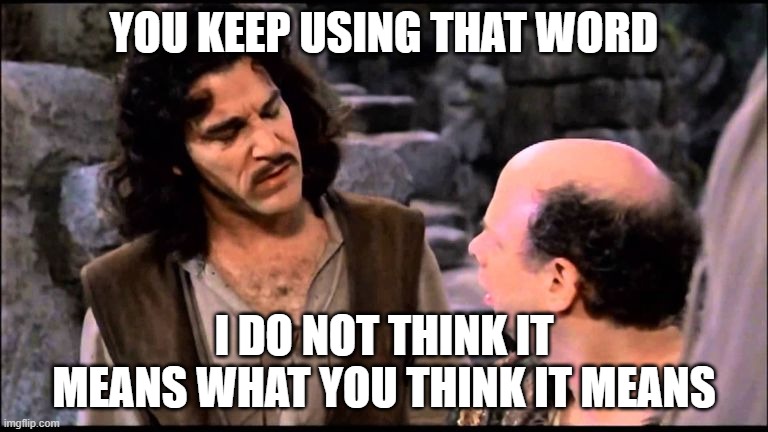
But by then, it is too late.
So what is it that you, dear reader, and I are avoiding planning for because it’s unthinkable? How might we prepare for it in an intelligent and measured way without going full-on bunker mode?
The civilisation collapse stack
While there are too many things that could go wrong to get one’s head around, there are only a few levels of degradation of society that can result.
The Civilisation Collapse Stack simply asks: what do you need if society gets a bit worse, or a lot worse? For example, if the financial system breaks, it doesn’t matter whether it was dodgy mortgages what did it guv, or zombie companies or a cyberattack or controlled demolition. What’s important is that you might not be able to get cash, stop your investments crashing, go to the bank, or even have a job, and so you need alternative financial arrangements already in place.
This is not my idea. What follows is a summary of this article and this video by the indomitable Logan Christopher, with some additions and updates from me.
This table lists assets next to the level of civilisation where they’re most suited to protect you. Real life isn’t this neat, but laying it out like this can help to form a useful mental framework.
[Tables suck on mobile. Turn your phone sideways.]
| Civilisation level (high to low) | What’s most useful | Subcategories/Detail & Notes |
|---|---|---|
| All | Skills & Community | Skills & Community are force multipliers. Skills: Investing, survival, sustainability. Community: Support and morale; specialisation and exchange; parallel structures. At any level of disruption you want to be away from major population centres, so balance that with the protection of being part of a community. |
| Highly orderly | Crypto | People’s crypto (Bitcoin, securely stored) not totalitarian crypto (CBDCs). |
| Temporary disruption, e.g., natural disaster | Cash & insurance | 3 month’s expenses in cash. USD is destined for hyperinflation but is still the fastest fiat horse for now. Insurance (understand the conditions). Stocks and bonds (must be able to sell quickly – not pension). Grab Bag. |
| Extreme taxation/Government overreach | Opting out | Jurisdictional diversification of assets. Encryption & privacy. Legal non-compliance. Multiple citizenships/residencies. |
| High inflation/Financial system breaks | Precious metals | Silver coins (better value and practicality than gold). Secure non-bank vaulted or tokenised precious metals (not ETFs). Mining stocks. Investments: Uranium, battery metals. |
| Supply chain disruption | Real estate & subsistence | Growing and storing food. Seeds. Off-grid capability. Barterability. Investments: Oil, timber, foodstuffs. |
| War/civil unrest | Survival & mobility | Food, water, shelter. Power, heat/cooling. Self-defence. Hygiene, First Aid (inc. Iodine). Mobility: – move yourself, move your resources – hike, drive – fitness |
How to use this
In my Apocalypse Nowish article, I predict that all of the things above are inevitable and will happen in the medium term if they’ve not started already, also in previously safe, Western countries. If you even think there’s a non-zero chance that any of them could happen, you might want to get at least some insurance.
You could choose to start from the scenario that’s most serious, or the one that scares you the most, or that you think is most likely. You could start where you’re least prepared, or where you think you’d get the best return on investment.
Just start somewhere.
🌍 Share this:
Want more to read? Here are my latest articles:

